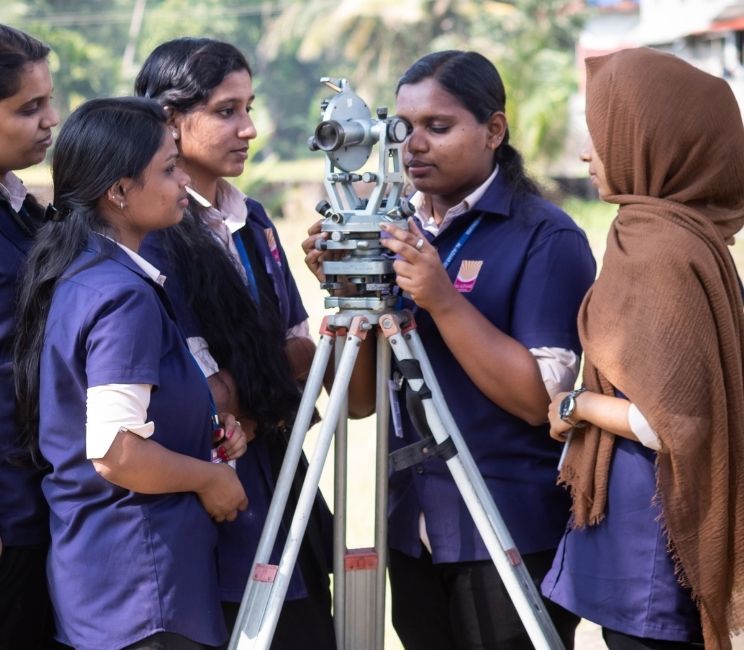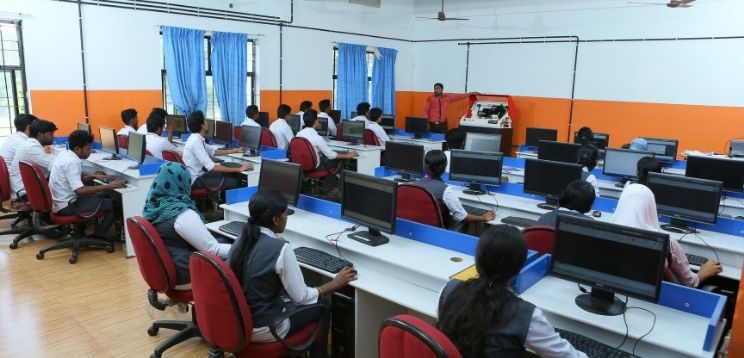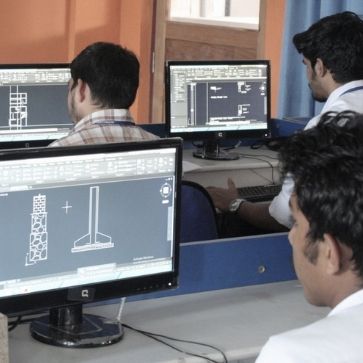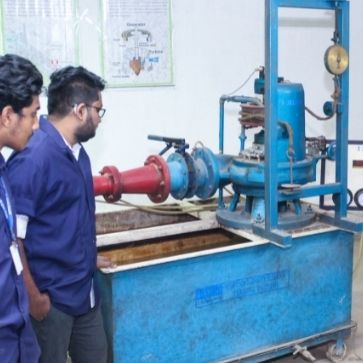Civil Engineering
The college took a plunge into the immensely refreshing and challenging field of Civil Engineering with the setting up of the Civil Engineering Department, right from the genesis of the college (in 2010). The Department of Civil Engineering is excellently suited to meet the ever changing requirements of engineers with courses that combine the study of management, business skills and computers with engineering. The department ensures not only that the courses are updated, but also that they reflect the current needs of commerce, industry and the society as a whole. At present, the Department offers an undergraduate program in Civil Engineering with an intake of 120. A team of qualified faculty with ample experience is the highlight of the Department and most of them are life members of professional bodies and societies in various fields of Civil Engineering. Faculty members continuously update their knowledge by attending training programs conducted by reputed organizations and research centers. The department is equipped with excellent laboratory facilities.
VISION
MISSION
- To offer Under-Graduate programme in civil engineering and other skill development courses that add value to student competencies.
- To promote quality education, research and consultancy for industrial and societal needs.
- To promote moral and ethical values among the students.
- To impart knowledge with emphasis on the development of leadership qualities in students.
- To encourage students to pursue higher education and take competitive exams and various career enhancing courses.
- To establish centers of excellence in emerging areas of research.
- To have regular interaction with industry and offer solutions to their problems
FINCY MARIA PHILIP
Head of the Department
PROGRAM EDUCATIONAL OBJECTIVES (PEOs)

PEO1




PEO2




PEO3




PEO4


PEO5
PROGRAM OUTCOME (POs)




PO1: Engineering knowledge




PO2: Problem analysis




PO3: Design/development of solutions


PO6: The engineer and society


PO9: Individual and team work


PO12 Life-long Learning




PO4: Conduct investigations of complex problems


PO7: Environment and sustainability


PO10: Communication


PO5: Modern tool usage


PO8: Ethics


PO11: Project management and finance
PROGRAM SPECIFIC OUTCOME (PSO)




PSO1




PSO3




PSO2




PSO4
Teaching Faculty
Our faculty members are our greatest asset. Through their enthusiasm and their ability to connect easily with the students, they contribute towards the overall professional and personal growth of the students.
Fincy Maria Philip
Role Handled: Asst. Professor (HOD)
Qualification M.Tech in Structural Engineering and Construction Management
Experience 2 year teaching + 1 year industrial experience
Aaysha Parveen Shanavas
Roles Handled Asst. Professor
Joining Date 13/9/2021
Qualification MTech in Structural Engineering and Construction Management
Experience 3-year Teaching Experience
Ashithamol Salim
Fathima Jamal
Roles Handled Asst. Professor
Joining Date 30/11/2022
Qualification MTech in Environmental Engineering
Experience 2.5 -year Teaching Experience
Sruthi Francis
Roles Handled Asst. Professor
Joining Date 10/04/2023
Qualification MTech in Environmental Engineering
Experience 2 year Teaching Experience
Amrutha Shaiben
Roles handled: Assist. Professor
V Indumathi
Amalu Grace Lal
Roles Handled Asst. Professor
Joining Date 01/7/2024
Qualification M.Tech in Structural Engineering and Construction Management
Experience 6 months teaching + 1.5 years industrial experience
Krishnapriya A
Joice George
Roles Handled Asst. Professor
Joining Date 03/7/2024
Qualification M.Tech in COMPUTER Aided Structural Engineering
Experience 6 months teaching
Non-Teaching Faculty
Jaseela K S
Qualification Diploma
Experience 3 years
Shijina K A
Qualification ITI
Experience 4 years
Lab Facilities
Excellent infrastructure is provided for the academic betterment of our students. To substantiate theoretical expressions, Al-Azhar has established modern laboratories that comply with the KTU regulations. The equipment, specimen and technical facilities in the lab create a superior ambience for the students to conduct experiments.
Survey Lab
Civil Engineering Planning and Drafting Lab
The lab is designed to introduce the fundamentals of Civil Engineering drawing and understand the principles of planning. The students will be able to learn the drafting of buildings manually and using drafting software such as AutoCAD.
Material Testing Lab I
The lab aims to enrich the understanding of the fundamental concepts of mechanics of deformable bodies through systematic experimental techniques for the estimation of various mechanical properties of engineering materials.
Fluid Mechanics Lab
Material Testing Lab II
Geotechnical Engineering Lab
Testing of soil is an integral part of geotechnical engineering. A proper evaluation of soil samples and analysis of test results are essential.Objective of the lab is to familiarize students with the laboratory tests used to determine physical, index and engineering properties of geomaterials.
Transportation Engineering Lab
Civil Engineering Software Lab
The lab aims to train the students to use different software tools needed for professional practice in civil engineering. Also. the field expertise needed for undertaking the surveying activity using modern instruments and hence to prepare the necessary engineering documentation are included in this laboratory course.
Environmental Engineering Lab
The Environmental engineering laboratory practical provides good insight into different experimental methods relevant to environmental engineering. In this lab we performs various test on drinking water and sewage samples to check pH value , total dissolved values, BOD, COD, total suspended particles etc. as per BIS standards. It helps in to assess the water quality standard of the region, pollution load in sewage and working efficiency of sewage and other water treatment unit.


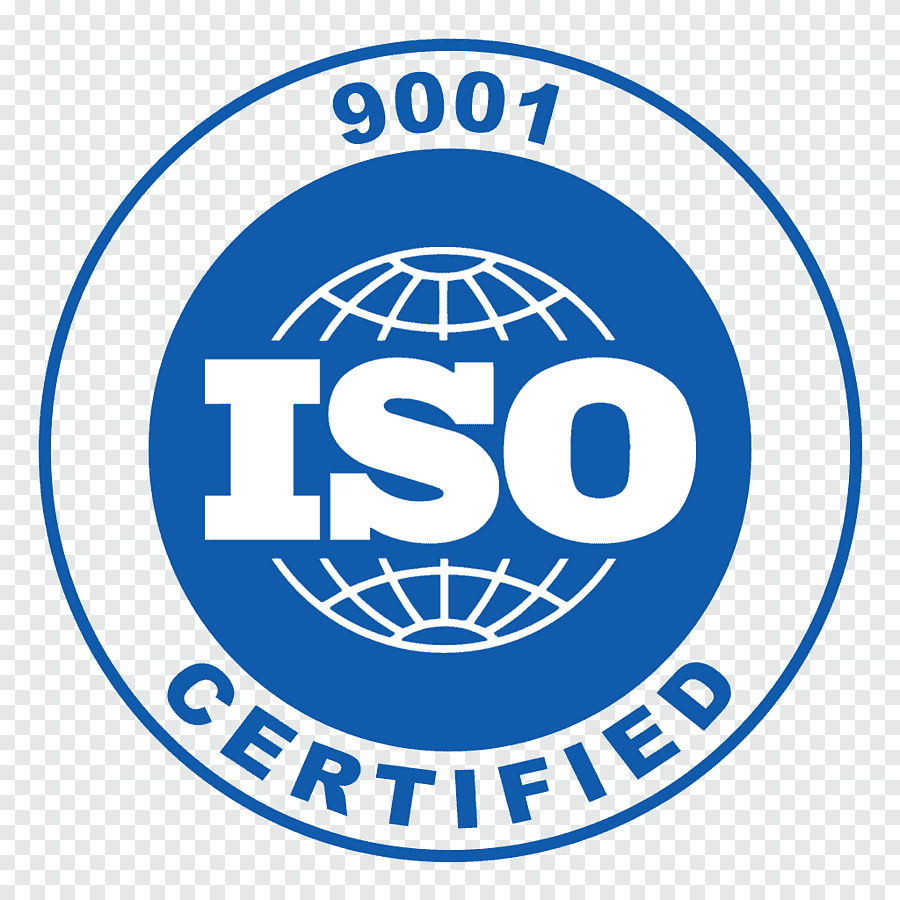

ISO 9001:2015 certified Institution
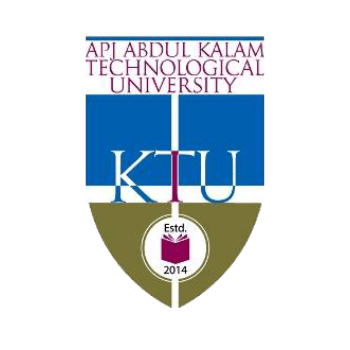

Affiliated to A.P.J Abdul Kalam Technological University
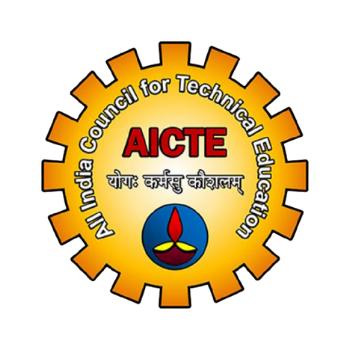

Approved by All India Council for Technical Education
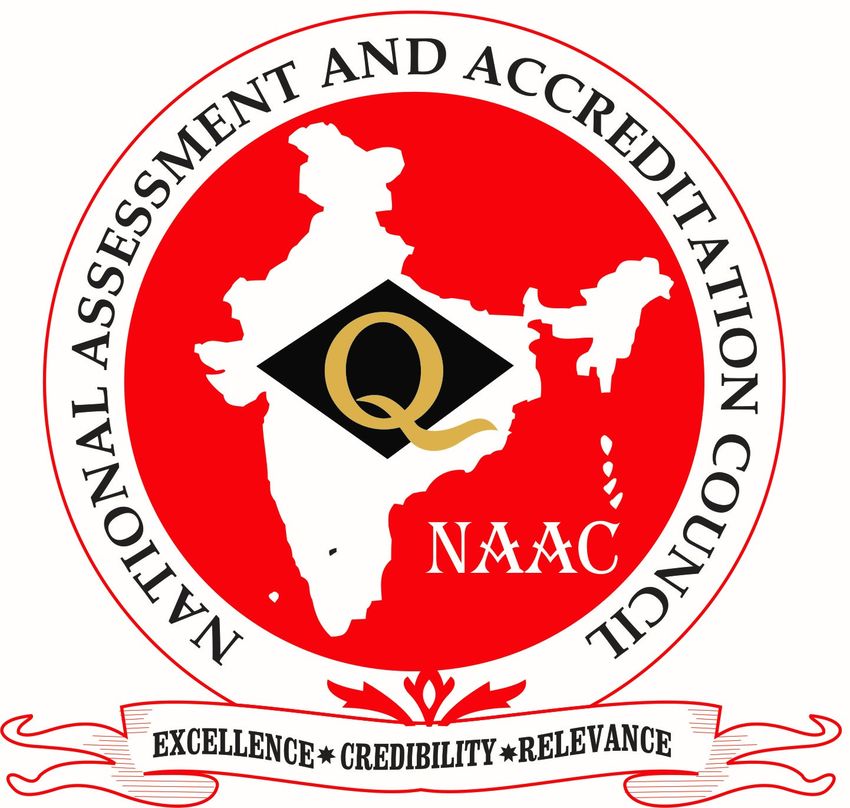

Accredited by NAAC (National Assessment and Accreditation Council)
Call
Office 0486 222 79444
Principal 9746 144 555
Admission 9446341518 , 9496 911 119
Women Helpline 9446831000


